According to the Ministry of Health , paying directly for patients to buy medicine themselves is only a temporary solution. Hospitals must ensure medicine and medical supplies to treat patients.

Deputy Minister of Health Tran Van Thuan speaks at the workshop - Photo: D.LIEU
On October 30, the Ministry of Health held a workshop to disseminate a new circular regulating direct payment for medicine and medical equipment costs for people with health insurance cards when going for medical examination and treatment.
Payment in rare drug formulary
Deputy Minister of Health Tran Van Thuan said that in reality, some medical facilities still have a shortage of drugs and medical equipment. "Drug shortages can occur due to many reasons, such as supply sources, bidding without a winning bidder, or contractors not supplying on time," he said.
Therefore, the Ministry of Health recently issued Circular No. 22/2024 regulating the direct payment of medicine and medical equipment costs for people with health insurance cards when going to see a doctor or receiving treatment, which will take effect from January 1, 2025.
Master Vu Nu Anh, Deputy Director of the Health Insurance Department, said the newly issued circular specifically regulates cases where the Health Insurance Fund directly pays for drugs and medical equipment. The supported drugs include rare drugs and some medical equipment of type C or D - except for in vitro diagnostic equipment and special personal equipment.
According to Ms. Nu Anh, drug shortages often occur with rare drugs and drugs with limited supply on the market. This list currently has more than 450 active ingredients paid for, accounting for nearly half of the drugs covered by health insurance, including about 214 drugs for treating rare diseases and more than 217 drugs that are not readily available on the market.
"With this regulation, even though the drugs are rare, the list of drugs that can be paid for directly is also diverse," said Ms. Nu Anh.
Meanwhile, medical equipment is divided into four categories according to risk (A, B, C, D), but only C and D equipment are directly paid for, Ms. Nu Anh explained. Low-risk consumables such as cotton, bandages, gauze, alcohol, etc. are not included in this scope and if they are lacking, the hospital must replace them for the patient.
It is not recommended that patients pay for health insurance themselves.
Discussing at the workshop, a representative of Lao Cai General Hospital said that letting patients go out to buy medicine and then pay for it would affect the patient's rights.
"Patients who buy medicine themselves will have to buy medicine at retail price.
Meanwhile, the Social Insurance will pay based on the winning bid price of the hospitals. Thus, patients will suffer losses when buying at a high price but paying at a lower level," said a hospital representative.
Master Nu Anh affirmed that this circular is only to resolve the situation to partly ensure the rights of health insurance participants.
"If not paid directly, the patient will have to pay all the costs. Therefore, the circular tries to ensure that the patient can receive the maximum possible cost," said Ms. Nu Anh.
At the same time, the leader of the Health Insurance Department affirmed that the responsibility for supplying drugs and medical equipment belongs to the medical facility, which must do everything possible to purchase them for patients. Only when this is no longer possible will the circular be applied.
"When applying this circular, patients will have a hard time, and medical facilities will also have responsibilities. The Social Insurance Agency will also carry out many procedures for review," Ms. Nu Anh emphasized.
Ms. Tran Thi Trang, Director of the Health Insurance Department, Ministry of Health, also affirmed that she did not want to implement this circular but still had to issue it to overcome the unavoidable circumstances. This is just a step to overcome, a temporary solution in the short term.
In the draft Law on Health Insurance being developed and submitted to the National Assembly, the drafting committee proposed amending many regulations.
"We propose: instead of patients having to pay directly to the Social Insurance agency, there should be a mechanism for the hospital to pay the patient, then the hospital pays back to the Social Insurance agency. This will reduce procedures for patients, and at the same time increase the hospital's responsibility in ensuring medicine and treatment supplies," said Ms. Trang.
Source: https://tuoitre.vn/benh-vien-thieu-thuoc-thanh-toan-truc-ep-cho-nguoi-benh-chi-la-giai-phap-tinh-the-20241030163806119.htm


![[Photo] Closing of the 14th Conference of the 13th Party Central Committee](https://vphoto.vietnam.vn/thumb/1200x675/vietnam/resource/IMAGE/2025/11/06/1762404919012_a1-bnd-5975-5183-jpg.webp)
![[Photo] Prime Minister Pham Minh Chinh receives the delegation of the Semiconductor Manufacturing International (SEMI)](https://vphoto.vietnam.vn/thumb/1200x675/vietnam/resource/IMAGE/2025/11/06/1762434628831_dsc-0219-jpg.webp)




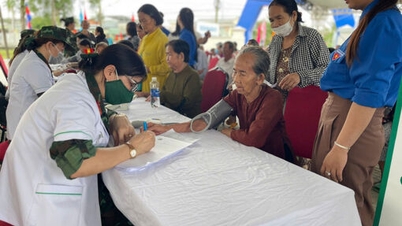

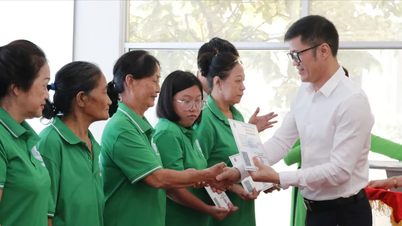









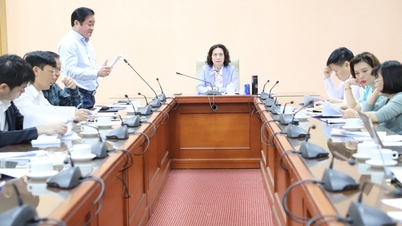


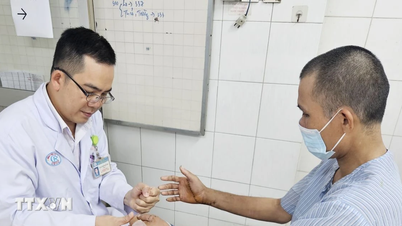





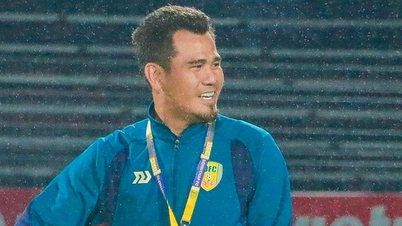

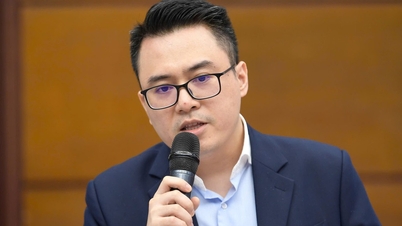
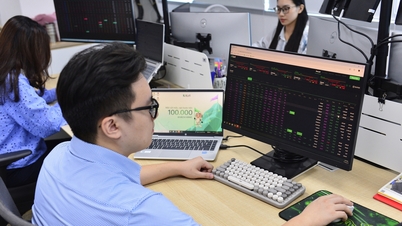





































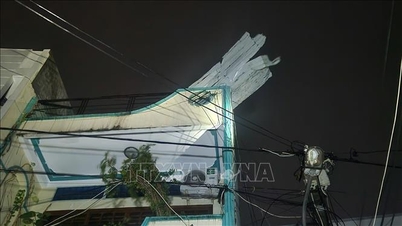





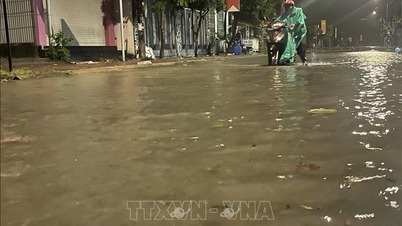











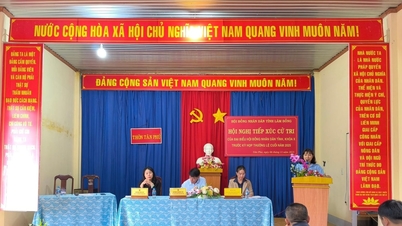

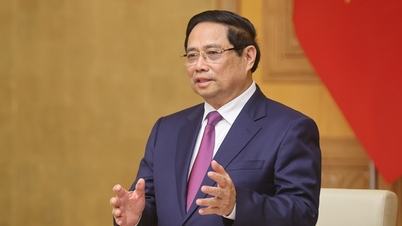

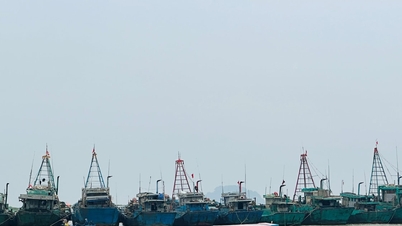


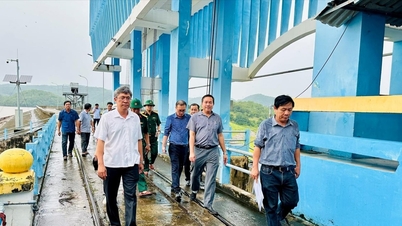















Comment (0)